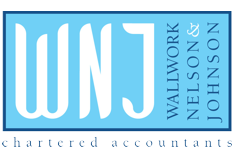Raising standards in tax advice
The government has once again turned its attention to raising standards in the tax advice market as it looks to weed out the “incompetent, unprofessional and unscrupulous”.
As part of the spring Budget documents, the Treasury has opened a new consultation which is looking at strengthening the regulatory framework.
It sets out three possible approaches: mandatory membership of a recognised professional body, joint HM Revenue and Customs (HMRC) – industry enforcement, or regulation by a separate statutory government body.
The consultation, which will run until May 29, is also exploring approaches to strengthen the controls on access to HMRC’s services for tax practitioners.
It says the aim is to weed out and eliminate those “incompetent, unprofessional or unscrupulous practitioners who continue to operate, harming their clients and the public finances.”
And it adds: “There is concern that anyone can provide tax advice and services to clients and can do so with limited or no oversight if they are not members of a professional body.
“According to the government, this means activities causing problems in the market can go unnoticed.
“Where substandard or unscrupulous activity is identified, there are variations in and limits to, the action taken against tax practitioners and consequently, they may continue to operate in the market.”
According to reports there are approximately 85,000 tax advice firms in the UK, but “almost anyone can start providing tax advice and services to clients and can do so with limited or no oversight if they are not a member of a professional body”, according to HMRC.
Previous statistics suggest that 35 per cent of the tax advice firms is made up of agents not affiliated to any professional body and as such not subject to any oversight.
The consultation is to be welcomed. At present there are no minimum standards as to who can set themselves up as a tax adviser.
Some tax practitioners have no qualifications relevant to the ‘advice’ they give and there are no on-going training requirements for unregulated tax advisers.
Sometimes these advisers have no Professional Indemnity cover if things go wrong.
There is no professional body oversight to regulate these advisers and their clients may have a complete lack of support if things go wrong.
• To discuss any issues raised by this article, please contact me on 01772 430000



